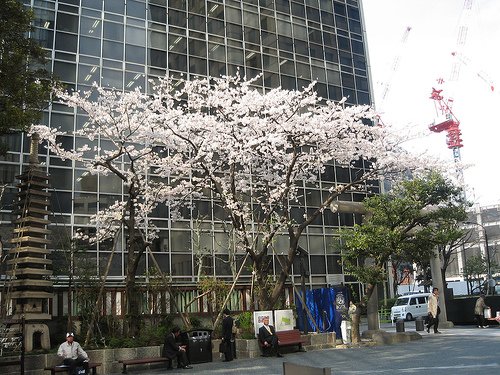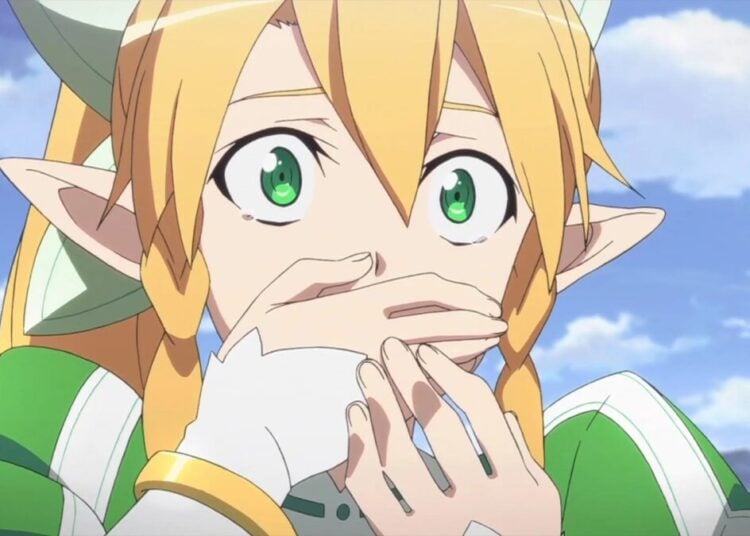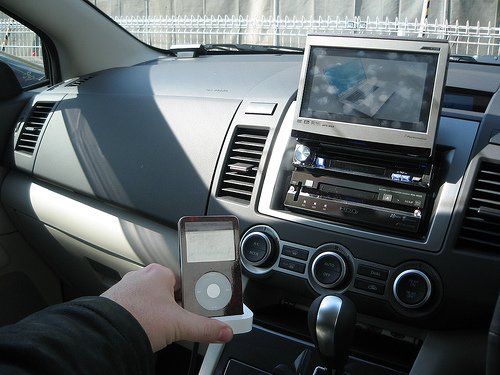I’ve always thought that language both reflects culture and influences it, and part of the reason the French are so French or the British are the way they are comes from the language that they speak, and vice-versa. During my years of study, I’ve noticed that the Japanese language seems to be specially set up allow for the subtle nuances and indirectness that people here are famous for. First of all, it’s common for various parts of a Japanese sentence to go unstated, and you might invite someone to go somewhere by only saying the verb “to go”– Iku? — with the who, what, where and other information assumed by both parties. When we write compositions in school we’re taught to choose active over passive sentences — “John said it” rather than “It was said by John.” But Japanese uses passive voice quite often, since it’s easy to create a sentence that carries all useful information but omits indicating who caused the action to take place (useful in work situations when you don’t want to name the specific manager responsible for something). There are also phrases that don’t really exist in English, such as “kimatta” (“it has been decided”), which describes with great finality that a decision has been made, and therefore, we all have to go along with it.
April 1 is right around the corner. Aside from its status as Shigatsu Baka (April Fool, a custom imported from the West during the occupation), April is an important time for a lot of people in Japan. First and foremost, April traditionally marks the start of the school year, and all throughout the country first graders will be timidly marching off to their first day of school while proud parents film the event with the latest Sony Handycam. April 1 is the start of the fiscal year for the nation, too, and it’s customary for new laws to take effect on this date. Finally, April is the beginning of the new business year for many companies, and major firms like Toyota and IBM Japan hold large Company Entrance Ceremonies to officially welcome the new crop of employees into the company.
Every rule has an exception, and the Japanese writing system is riddled with so many exceptions, it’s almost as complex as English. While the standard way to write Japanese is to use hiragana for basic words (words like “this” “is,” and grammatical particles), kanji for words with definable meanings, and katakana for foreign loan words like “creap” (cream powder for your coffee) or “nice middle” (a handsome middle-aged man). Sometimes, however, katakana is substituted for hiragana in order stress a point, as we’d use bold or italics in English (this comes up in manga quite a lot). Also, there are some English words that have been in use in Japan for so long, they’ve gone and gotten kanji assigned to them, in violation of those neat-and-clean rules. Four examples of these somewhat archaic words are coffee, tobacco (“smoke straw,” actually “smoke grass” but that’s too hilarious to try to tell you with a straight face), kirishitan (the early Japanese Christians), and club.
Remember, J-List stocks the excellent Domo-kun products from NHK. The official spokes-monster of Japan’s public broadcasting network, Domo-kun gets his name from the Japanese word domo, an all-purpose word that can mean thanks, hello, or just about anything else. From Domo-kun straps for your phone to Domo-kun pens to our most popular item, the Domo-kun plush from the “whenever I … God kills a Domo-kun” graphic, we’ve got a great selection of rare items you can only find in Japan.
A note of caution: we’re down to the last few sets of our popular Final Fantasy Potions, with only a dozen or so in stock. If you want to pick up a full set of these amazing collector’s items, which come with beautiful blue glass potion bottle, different caps, foil-wrapped trading cards and protective boxes, order soon!
















